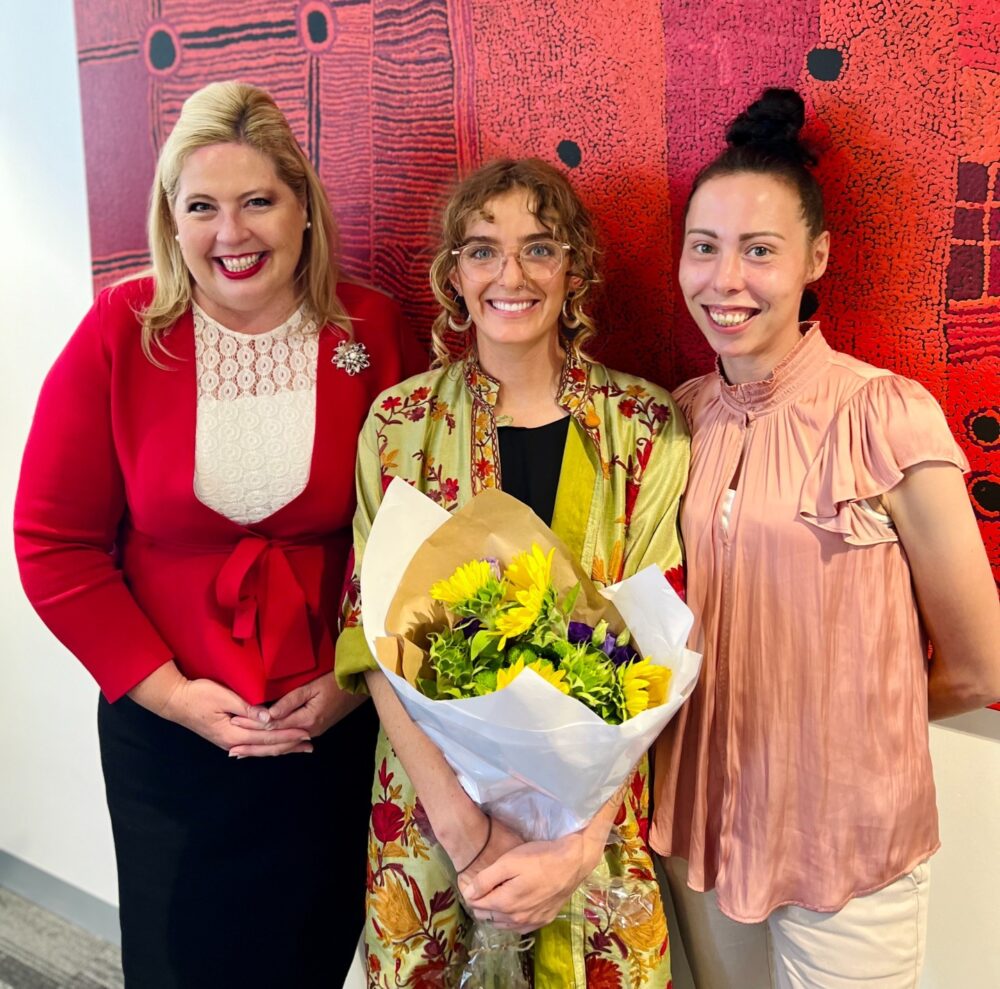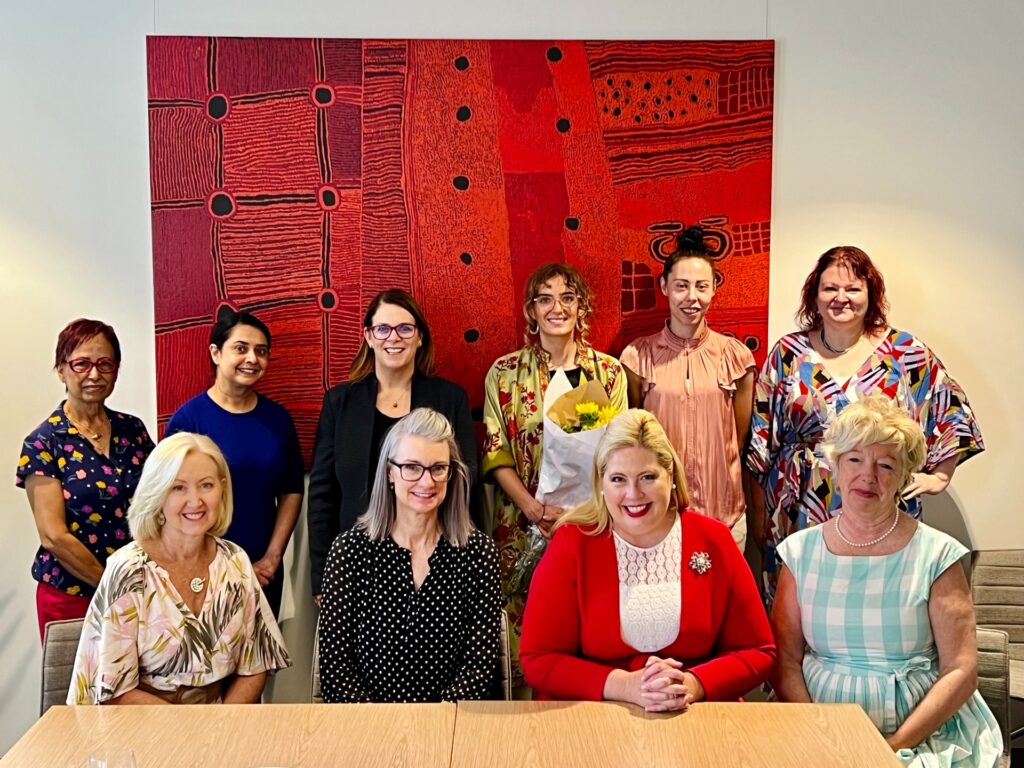

Congratulations to College of Education, Psychology and Social Work PhD candidate, Tessa Cunningham for winning the prestigious Catherine Helen Spencer Scholarship for 2022 to further her research into the lived experiences of young people in the criminal justice system.
The $25,000 scholarship is offered every four years and provides financial support for a woman to investigate social problems or study in the field of social science in Australia and overseas.
Catherine Helen Spence was born in 1825 in Scotland and dedicated her life to working for social and political reform. Not long after she died in 1910 the South Australian government established a fund for a scholarship in her honour.
Tessa is the 21st recipient of the scholarship and began her research in February this year and it will be completed by August 2024. She has been conducting qualitative research designed in partnership with people with lived experience of the criminal justice system which asks ‘what can we learn from the everyday lives, everyday experiences and narratives of criminalised young people?’. The Catherine Helen Spence Scholarship will enable her to extend this research and invest meaningfully in co-designing findings and creative research outputs.
Tessa was awarded the scholarship at a presentation on 27 February 2023 with the Minister for Women, Katrine Hildyard.
![]()
My research includes narrative-based interviews to explore the lived experiences of criminalised young people. But rather than analysing what these narratives say about young people themselves, which is the dominant research approach, my research seeks to use these narratives to explore and analyse broader social forces and the worlds these young people exist within.
I hope this project will contribute to a broader body of work seeking to humanise and better meet the needs of young people who have been in trouble with the law.
I’m excited to win this scholarship and to be able to work meaningfully with the lived experience advisors and young people who have been so central to shaping this research. I hope my findings will be of benefit to policy makers and governments in creating a safer society for all – including those constructed as ‘criminals’ – and will demonstrate the importance of recognising the lived expertise of this demographic through co-design approaches.
– Tessa Cunningham
![]()


